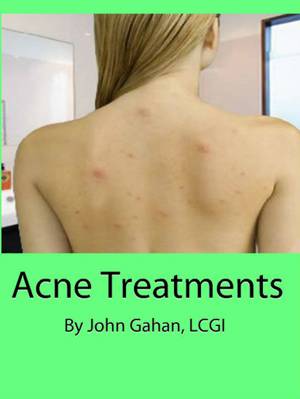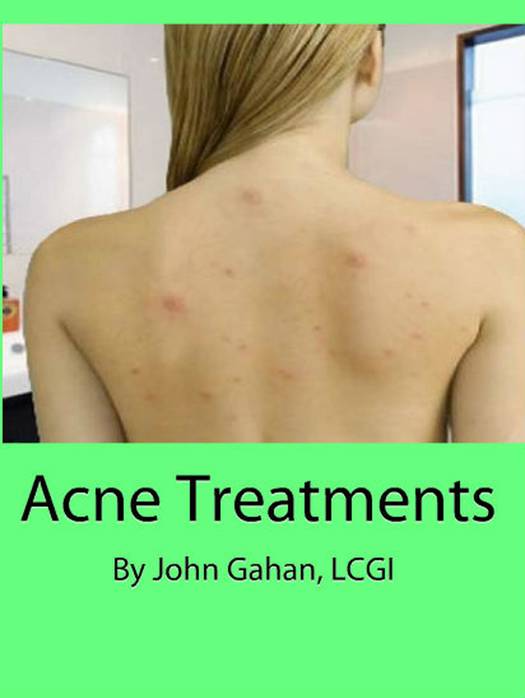
- Retrait gratuit dans votre magasin Club
- 7.000.000 titres dans notre catalogue
- Payer en toute sécurité
- Toujours un magasin près de chez vous
- Retrait gratuit dans votre magasin Club
- 7.000.0000 titres dans notre catalogue
- Payer en toute sécurité
- Toujours un magasin près de chez vous
Description
If over-the-counter (nonprescription) products haven't cleared up your acne, your doctor can prescribe stronger medications or other therapies. A dermatologist can help you:
Control your acne Avoid scarring or other damage to your skin Make scars less noticeableAcne medications work by reducing oil production, speeding up skin cell turnover, fighting bacterial infection or reducing inflammation — which helps prevent scarring. With most prescription acne drugs, you may not see results for four to eight weeks, and your skin may get worse before it gets better. It can take many months or years for your acne to clear up completely.
The drug your doctor recommends depends on the type and severity of your acne. It might be something you apply to your skin (topical medication) or take by mouth (oral medication). Often, drugs are used in combination. Pregnant women will not be able to use oral prescription medications for acne.
Talk with your doctor about the risks and benefits of medications and other treatments you are considering.
Topical medications
These products work best when applied to clean, dry skin about 15 minutes after washing. You may not see the benefit of this treatment for a few weeks. And you may notice skin irritation at first, such as redness, dryness and peeling.
Your doctor may recommend steps to minimize these side effects, including using a gradually increased dose, washing off the medication after a short application or switching to another medication.
The most common topical prescription medications for acne are:
Retinoids. These come as creams, gels and lotions. Retinoid drugs are derived from vitamin A and include tretinoin (Avita, Retin-A, others), adapalene (Differin) and tazarotene (Tazorac, Avage). You apply this medication in the evening, beginning with three times a week, then daily as your skin becomes used to it. It works by preventing plugging of the hair follicles. Antibiotics. These work by killing excess skin bacteria and reducing redness. For the first few months of treatment, you may use both a retinoid and an antibiotic, with the antibiotic applied in the morning and the retinoid in the evening. The antibiotics are often combined with benzoyl peroxide to reduce the likelihood of developing antibiotic resistance. Examples include clindamycin with benzoyl peroxide (Benzaclin, Duac, Acanya) and erythromycin with benzoyl peroxide (Benzamycin). Dapsone (Aczone). This gel is most effective when combined with a topical retinoid. Skin side effects include redness and dryness.Spécifications
Parties prenantes
- Auteur(s) :
- Editeur:
Contenu
- Langue:
- Anglais
Caractéristiques
- EAN:
- 9781386153887
- Date de parution :
- 23-06-17
- Format:
- Ebook
- Protection digitale:
- /
- Format numérique:
- ePub

Les avis
Nous publions uniquement les avis qui respectent les conditions requises. Consultez nos conditions pour les avis.






